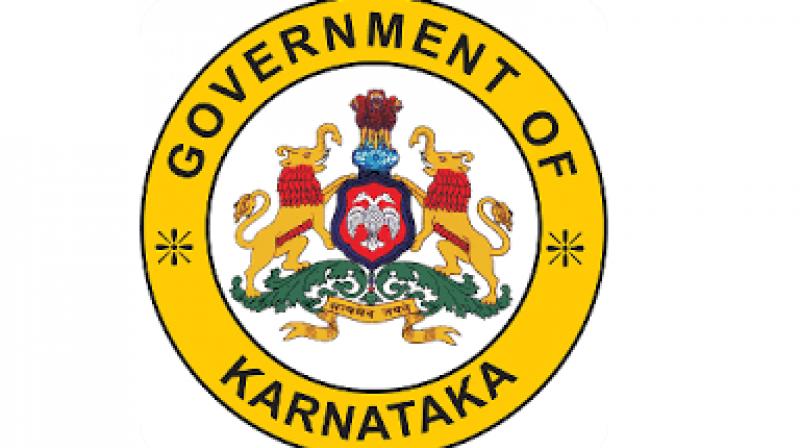Ward committee meetings crucial for move to succeed

Wednesday Quiz: What do New Zealand, Ireland, Denmark Finland, Oman, Croatia, and Kuwait have in common?
The answer: They are all countries with less than half the population of Namma Bengaluru! If Bengaluru had been a country, it would rank 75th of 233 most populous nations in the world!
Local governance evolved over the decades as urbanisation brought more and more people to big cities looking for livelihood. The global local governance reform was based on principles of subsidiarity and decentralized administration which lead to transparency and better political accountability.
In India and especially in Bengaluru, we went in the opposite direction. In 2010, the BMP became the BBMP, many towns and villages have been merged into the City Corporation and nine years later, we can see, it hasn’t helped much.
There are many localities in and around Sarjapur Road, the IT hotbed with mega software companies, huge apartment complexes and sprawling villa communities – with no piped water supply, no roads, limited access to public transport and sewage and drain systems that belong to the previous century.
The government of Karnataka formed a BBMP Restructuring Committee a few years ago but the recommendations have not been adopted by the government for various reasons. The main theme of the committee’s report is decentralisation at the zonal level and I believe this announcement of special commissioners (essentially, we now have four BBMP commissioners instead of one to oversee the BBMP as a whole) is a positive development.
The BBMP Commisssioner’s job is probably one of the most difficult – the pressure from the government, the courts, the political class and 1.2 crore people represented by 198 corporators, is an unfair burden to put on a single person. Assigning IAS officers to zones and giving them executive privileges to make decisions locally, will certainly lead to better decision making, budget management, execution and monitoring of projects and most importantly, it will better reflect the needs specific to people living in a particular area. One size doesn’t fit all and formulating city-wide plans doesn’t meet these special requirements. The fact that the new Special Commissioners also hold other responsibilities (Finance / IT, SWM etc), which they head for the whole city, is a little confusing. Perhaps it has been done to maintain some continuity for various projects.
I welcome the new commissioners and request them to make ward committees central to their work. Ever since monthly ward committee meetings began in November 2018, over 700 meetings have taken place with active citizen participation and better coordination between agencies like BWSSB and BESCOM in responding to and resolving local issues without escalating them to BBMP Commissioner or Mayor. Ward committees bring governance to one’s doorstep by virtue of powers vested in them by the KMC Act. The High Court of Karnataka and the BBMP Commissioner have repeatedly stressed the importance of Ward Committees in managing roads and implementing ward-wise garbage plans.
The new zonal commissioners can usher in a new phase of governance by empowering ward committees further, by ensuring that ward development plans and budgets are made bottom up. I request the new special commissioners to organise training sessions on ward committees to all the corporators, ward committee members, BBMP staff in their zones. Bengaluru deserves better governance and I sincerely hope and wish the new zonal commissioners will deliver it along with our Corporators.

